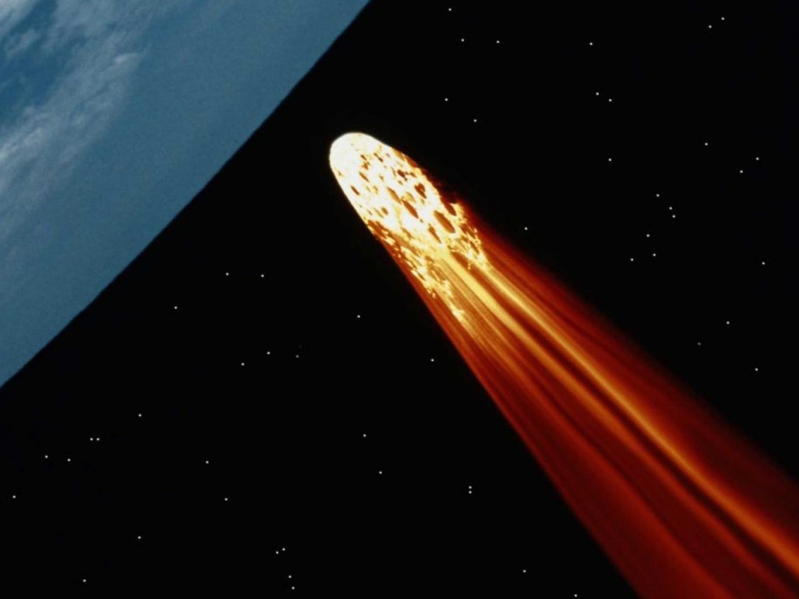
This might be the coolest job on earth. NASA has formed a new defense system that will defend Earth against asteroids and comets. One of the missions of the office is to alert authorities against astronomical objects that get too close our planet.
The potentially hazardous objects (PHOs) are comets and asteroids that come within 0.05 Astronomical Units from the Earth's orbit around the sun (7.5 million kilometers). These objects measure around 30 - 50 meters (98 - 164 feet), which would be big enough to plunge into the Earth's surface.
The officer is tasked to coordinate with different agencies and government offices, including the Federal Emergency Management Agency, to respond to any potential impacts from the outer space.
The current holder of the planetary defense officer position is Lindley Johnson, an expert in near-Earth objects monitoring. Johnson is set to manage the Planetary Defense Coordination Office, which belongs to NASA's Planetary Science Division in Washington.
According to NASA, more than 1,500 near-Earth objects are spotted each year. Estimates show roughly 13,500 near-Earth objects have been discovered since 1998.
In order to detect near-Earth objects (NEOs), astronomers are using ground-based telescopes around the world as well as NASA's space-based NEOWISE infrared telescope
"Asteroid detection, tracking and defense of our planet is something that NASA, its interagency partners, and the global community take very seriously," John Grunsfeld, an official from NASA's Science Mission Directorate, said in a statement.
NASA has allocated more than $50 million for observing and monitoring potentially dangerous cosmic objects. This budget has increased more than tenfold since 2010 when NASA's program operated on a budget of $4 million.
Asteroids and comets are the first inhabitants of our galaxy. Most of them exist more than 4.6 billion years ago, during the early formation of our solar system. Rocky asteroids vary in size and are mainly found orbiting the sun between Mars and Jupiter. This area, called as the asteroid belt, is estimated to have more 1.5 million asteroids larger than 1 kilometer (0.6 miles) in diameter, and millions of smaller ones.
One of the early theories of how dinosaurs became extinct was that millions of years ago, a 6-mile-wide asteroid hit the Earth. Its impact wiped out all of the dinosaurs here on our planet.
For next phase of the planetary defense, NASA is developing innovative plans for asteroid capture and asteroid redirect missions that could launch as early as the mid-2020s. The agency aims to deflect these harmful objects to save the humanity.







